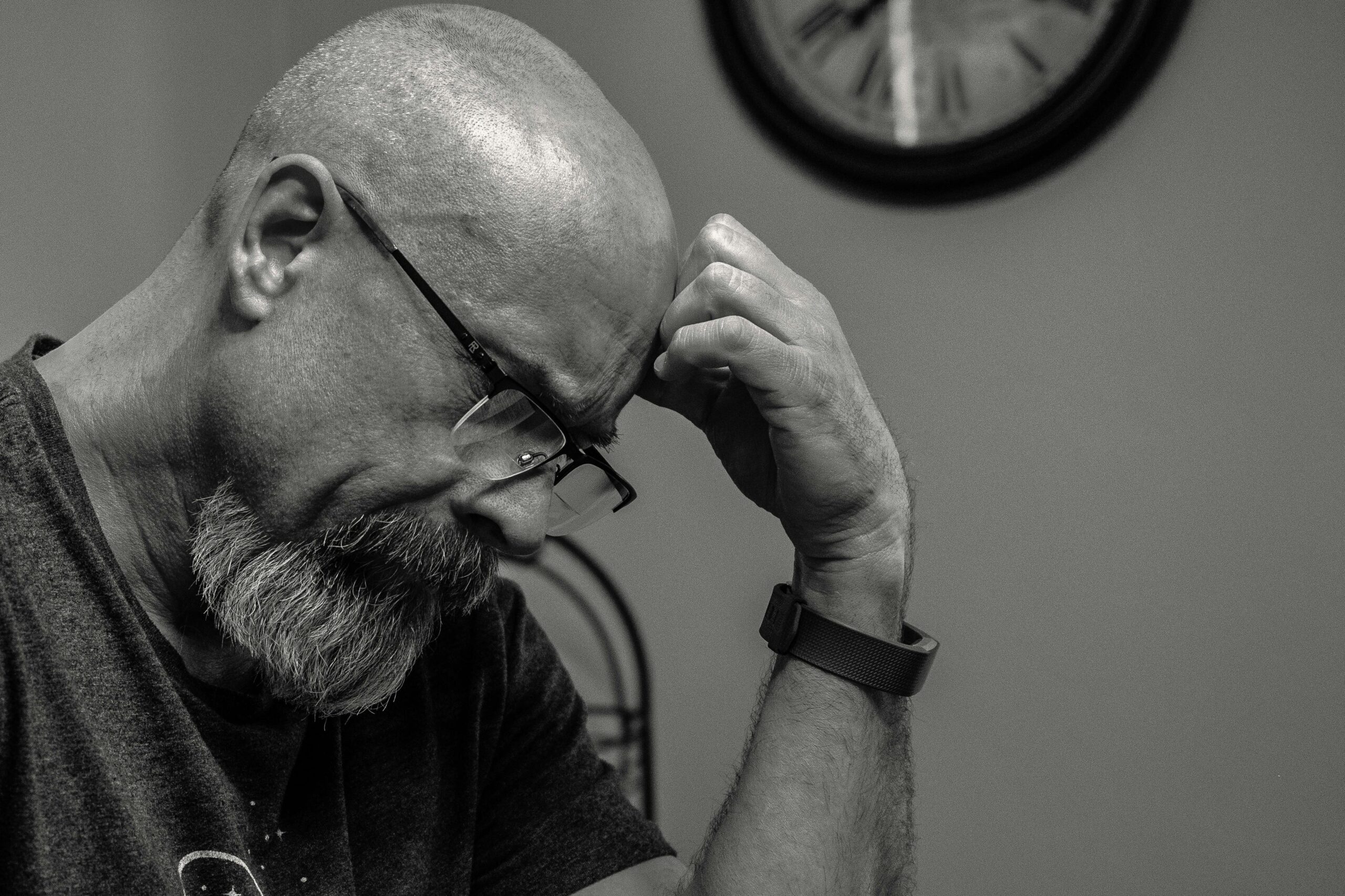(image credit: by Brett Sayles)
Think your baldness came from your mom’s dad? That’s only part of the story. Modern genetics says baldness is a full-family affair—and it’s more complex (and fascinating) than you think.
The Classic Myth: Mom’s Side Only
For years, people believed that if your maternal grandfather was bald, you were destined to be bald too. That belief came from the fact that men inherit their X chromosome from their mothers, and this chromosome contains the androgen receptor (AR) gene. This gene controls how sensitive your hair follicles are to dihydrotestosterone (DHT)—a hormone that shrinks hair follicles and shortens the hair growth cycle, eventually leading to thinner and shorter hairs, and eventually, no hair at all.
Yes, the AR gene plays a big role. But…
The Reality: It’s Polygenic and Multifactorial
Thanks to advances in genetic research, especially large-scale genome-wide association studies (GWAS), we now know that baldness is polygenic—it’s influenced by multiple genes, not just one. These genes are found on various chromosomes, not just the X.
As of recent studies, scientists have identified over 200 genetic loci associated with baldness. These include genes that:
Regulate hormone levels (like testosterone and DHT)
Affect hair follicle development
Control cell growth and inflammation in the scalp
In other words, both your maternal and paternal DNA contribute to your risk of hair loss.
Beyond Genetics: Lifestyle and Environment Matter
While genes lay the foundation, environmental and lifestyle factors can influence the onset and severity of baldness:
Stress can trigger or accelerate hair shedding.
Poor diet lacking in protein, iron, or essential vitamins can weaken hair health.
Smoking is linked to earlier onset of baldness.
Medical conditions like thyroid disorders or autoimmune diseases can also contribute.
Even with a genetic predisposition, some people retain a full head of hair into old age—thanks in part to these non-genetic influences.
Why Do We Go Bald? An Evolutionary Mystery
There’s even an evolutionary angle. Some theories suggest baldness may have played a role in sexual selection, signaling maturity or social dominance. Others propose it’s simply a neutral trait that was never weeded out through natural selection because it didn’t affect survival or reproduction significantly.
Baldness Isn’t a Blame Game
So, if you’re experiencing hair loss, it’s not just your mom’s fault—or your dad’s. It’s the result of a complex interplay of genetics, hormones, and environment.
And thankfully, modern treatments—from minoxidil and finasteride to hair transplants and scalp micropigmentation—are offering more options than ever to those who want to take control of their hairline.


